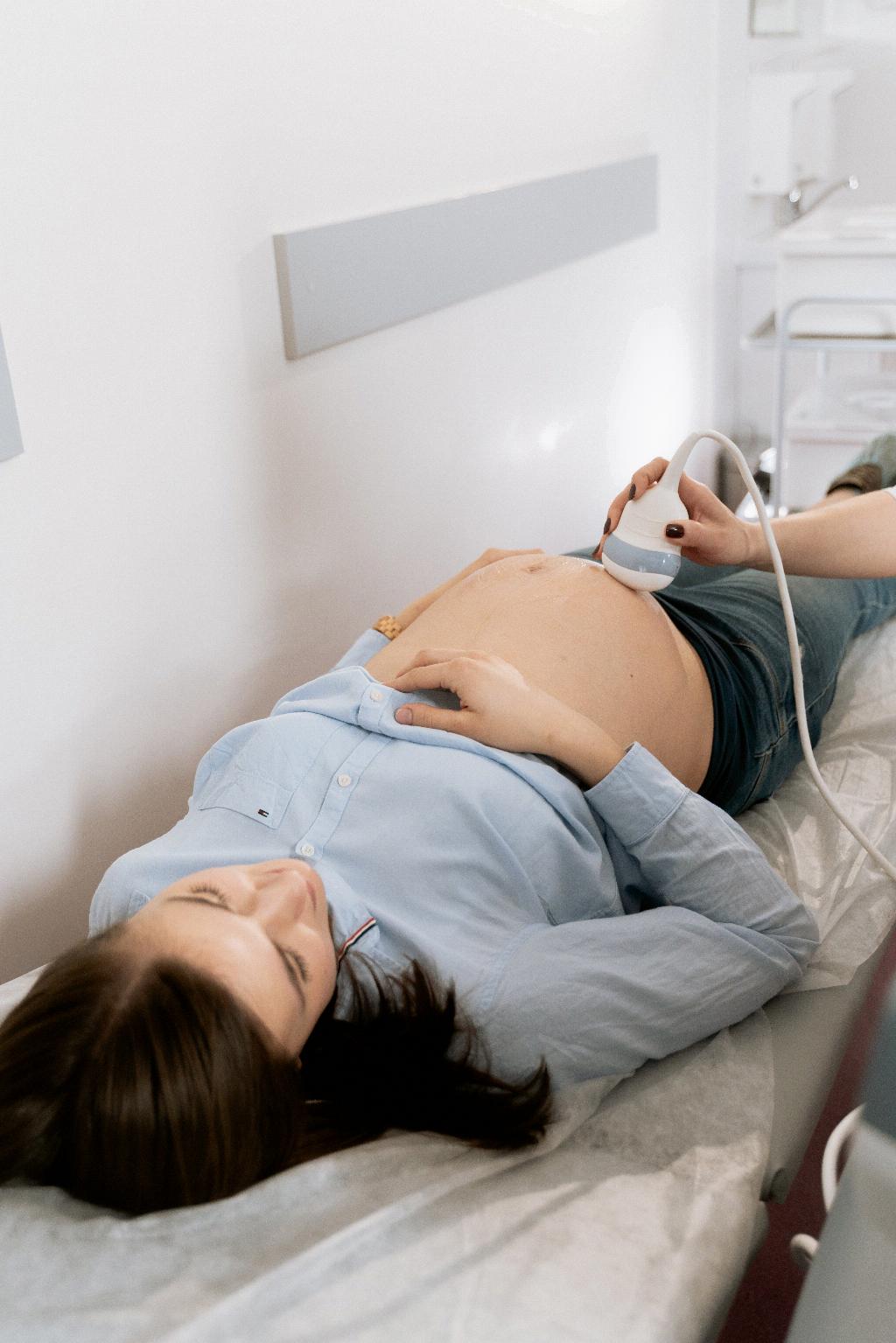Experiencing period-like cramps at 32 weeks pregnant can be a cause for concern for many expectant mothers. It’s essential to understand the various factors that could contribute to this sensation and when it is necessary to seek medical attention.
Causes of Period Pain Like Cramps
One common cause of period-like cramps at 32 weeks pregnant is the stretching and growth of the uterus. As the baby continues to grow, the uterus expands, leading to discomfort that can feel similar to menstrual cramps. Additionally, Braxton Hicks contractions, which are practice contractions that help the body prepare for labor, can also contribute to this sensation.
Signs of Concern
While period-like cramps can be normal during pregnancy, certain signs could indicate a more serious issue. If the cramps are accompanied by pelvic pressure, low backache, regular or painful contractions, or if your water breaks, it is crucial to contact your healthcare provider immediately.
When to Seek Medical Advice
It’s essential to trust your instincts and seek medical advice if you are unsure about the cause of your discomfort. Your healthcare provider can evaluate your symptoms and provide guidance on whether further assessment is necessary.
Importance of Communication
Open communication with your healthcare provider is key during pregnancy. If you experience period-like cramps at 32 weeks pregnant, don’t hesitate to reach out for guidance and support. Your provider is there to ensure the health and well-being of both you and your baby.
Self-Care Strategies
While it is essential to consult with your healthcare provider about any concerning symptoms, there are some self-care strategies you can try to alleviate discomfort. These may include staying hydrated, practicing relaxation techniques, such as deep breathing or gentle stretching, and resting in a comfortable position.
Monitoring Fetal Movement
Pay attention to your baby’s movements when experiencing period-like cramps. If you notice a decrease in fetal movement or any other concerning changes, inform your healthcare provider immediately. Monitoring your baby’s activity is an essential aspect of prenatal care.
Emotional Support
Pregnancy can be a time of mixed emotions, especially when experiencing discomfort or uncertainty. Don’t hesitate to seek emotional support from loved ones, friends, or a mental health professional if needed. Your emotional well-being is essential during this journey.
Preparing for Labor
As you approach the later stages of pregnancy, it’s natural to start mentally preparing for labor and delivery. Engage in childbirth education classes, create a birth plan, and discuss any concerns or preferences with your healthcare provider. Being informed and prepared can help ease anxieties.
Trusting Your Instincts
Every pregnancy is unique, and no one knows your body better than you do. Trust your instincts and seek help if something doesn’t feel right. Your proactive approach to your health and well-being is commendable and essential for a safe pregnancy.
Conclusion
Experiencing period-like cramps at 32 weeks pregnant can range from common discomfort to a potential sign of concern. By staying informed, communicating openly with your healthcare provider, and trusting your instincts, you can navigate this phase of your pregnancy with confidence and care.

